Designing bathrooms that are both functional and inclusive is becoming a non-negotiable standard in modern architecture. From hotels and senior living facilities to healthcare centers and private residences, universal design ensures that spaces are safe, comfortable, and accessible to everyone regardless of age or physical ability. One of the most overlooked yet essential features in this movement is the shower stool.
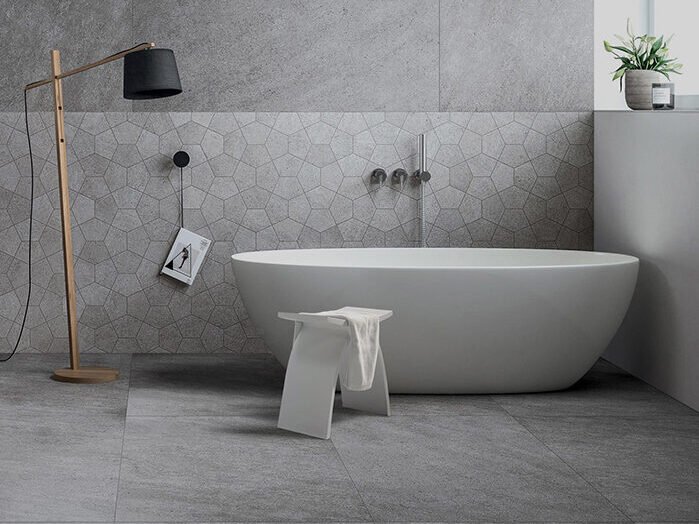

Why Shower Stools Matter in Accessible Bathrooms
Shower stools are not just an accessory—they are a core component of accessible bathroom design. They provide stability, reduce fall risks, and allow individuals with limited mobility to maintain independence while showering. By integrating shower stools, bathrooms meet both ADA guidelines and universal design principles.
For hotels and commercial projects, including shower stools demonstrates a strong commitment to guest inclusivity. For private residences, they bring peace of mind to families caring for elderly relatives or people with disabilities.
Key Benefits of Shower Stools
1. Safety and Fall Prevention
Bathrooms are one of the most common areas for slips and falls. A sturdy shower stool significantly reduces the risk by offering seated showering options, especially for elderly users.
2. Comfort and Convenience
Long showers can be tiring, and stools provide a resting option even for those without mobility issues. This comfort factor makes them appealing not only in accessible bathrooms but also in high-end hotel spa-like settings.
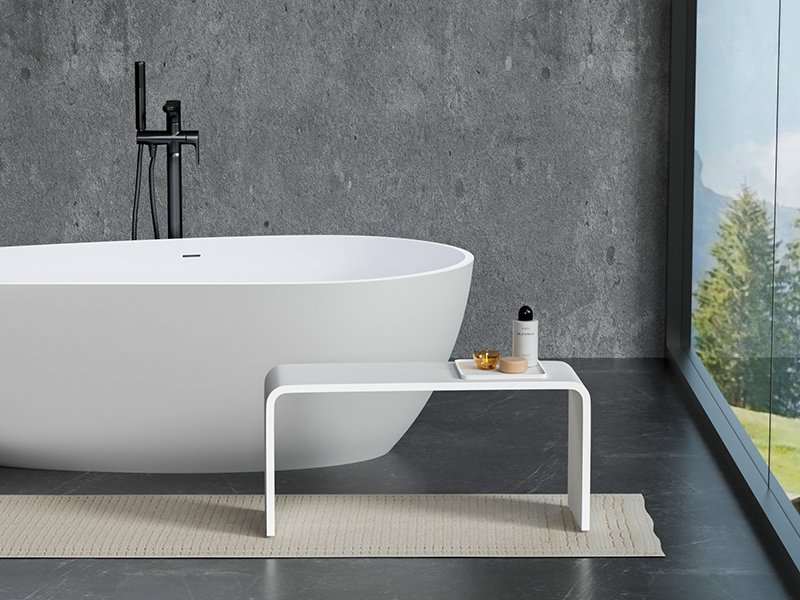

3. Compliance with Accessibility Standards
In many regions, accessible bathrooms in public facilities and hotels must comply with regulations like the ADA (Americans with Disabilities Act). Shower stools help projects meet these compliance requirements without compromising aesthetics.
4. Versatility in Design
Modern shower stools come in a variety of materials such as solid surface, teak, stainless steel, and plastic composites, allowing them to blend seamlessly with luxury bathroom interiors or practical healthcare environments. Solid surface stools, in particular, offer durability, water resistance, and a sleek aesthetic, making them an ideal choice for both commercial and residential spaces.
5. Enhancing Universal Design in Hospitality
For hotels aiming to cater to international travelers, providing universally designed bathrooms is a competitive advantage. A shower stool is a small investment that enhances guest satisfaction, accessibility, and inclusivity.
Choosing the Right Shower Stool
When selecting a shower stool for an accessible bathroom project, developers and contractors should consider:
- Material durability – Solid surface and stainless steel stools resist moisture and are easy to maintain.
- Weight capacity – Ensure the stool is stable enough for various body types.
- Adjustability – Height-adjustable models allow customization for different users.
- Portability vs. Fixed – Portable stools provide flexibility, while wall-mounted or built-in stools maximize stability.
- Aesthetic integration – For hospitality projects, select stools that complement the design of basins, vanities, and bathtubs.
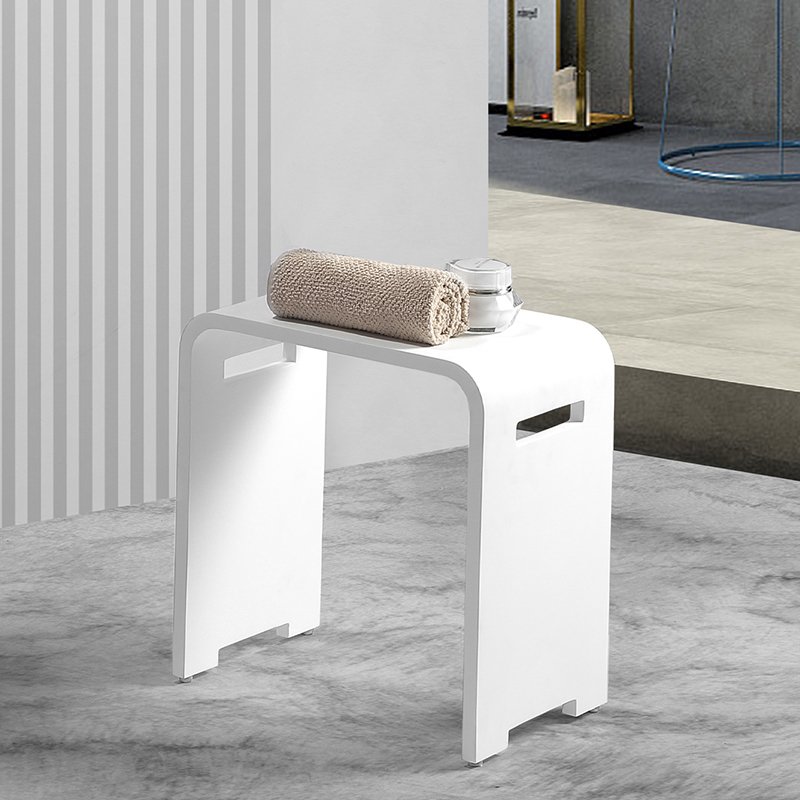

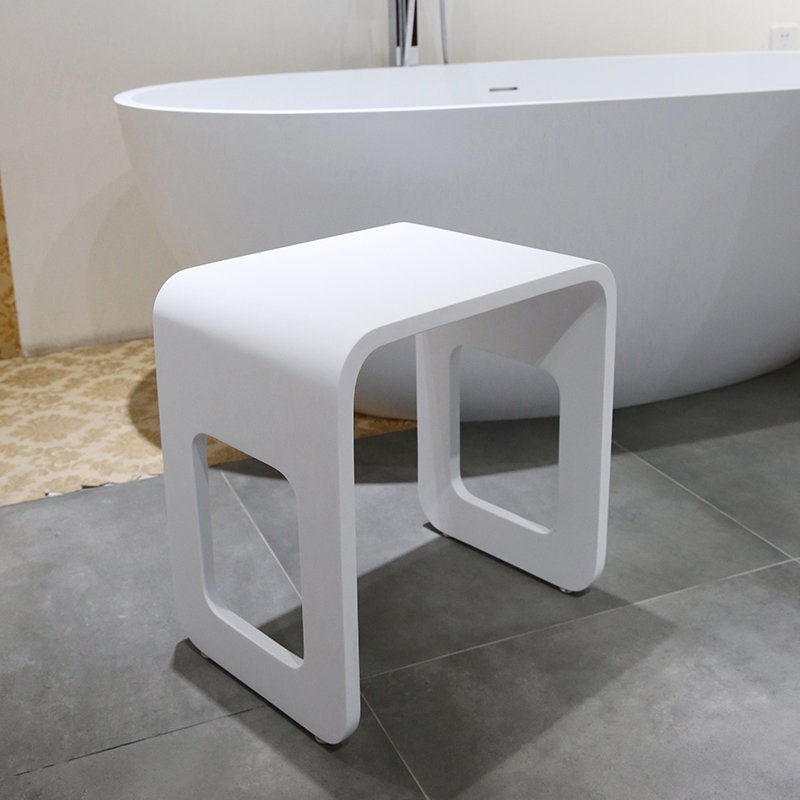

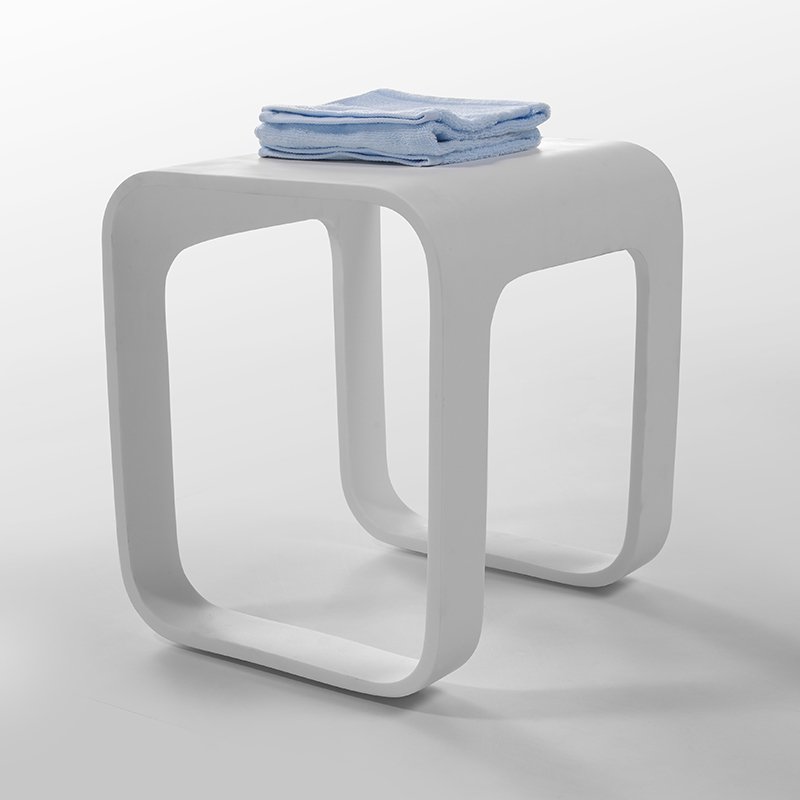

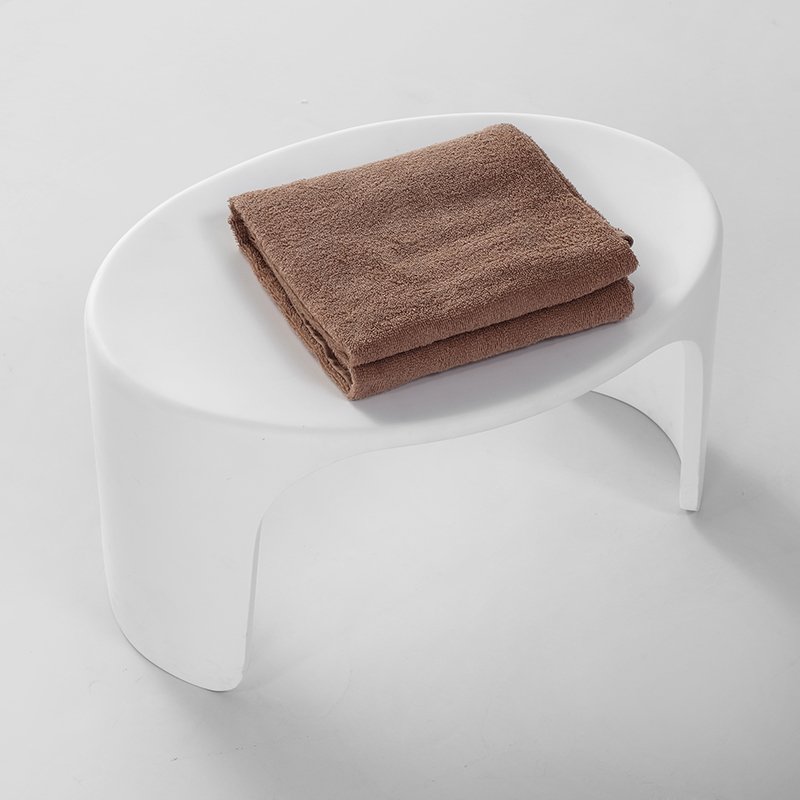

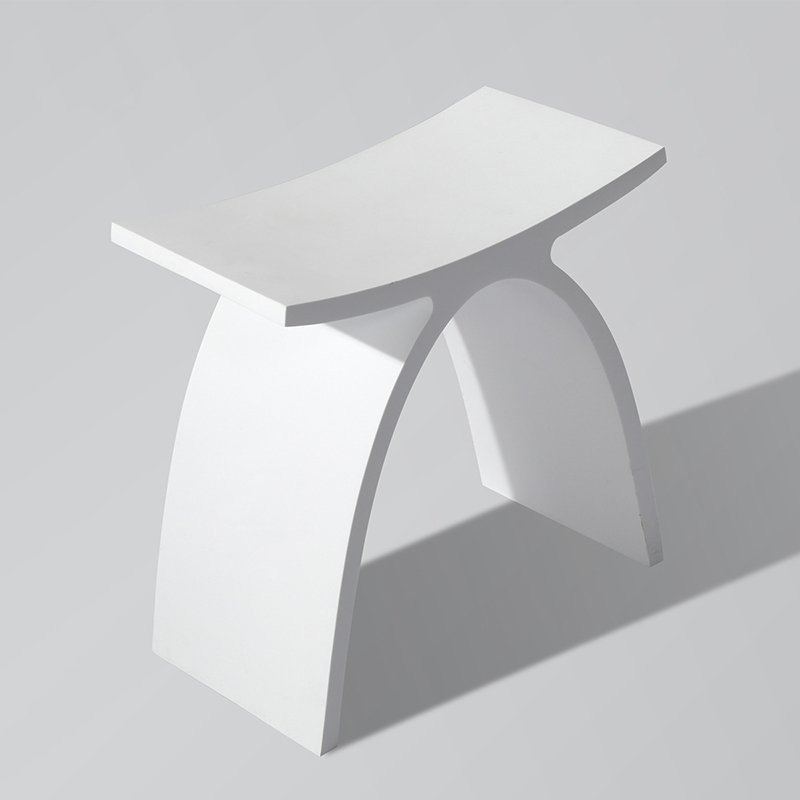

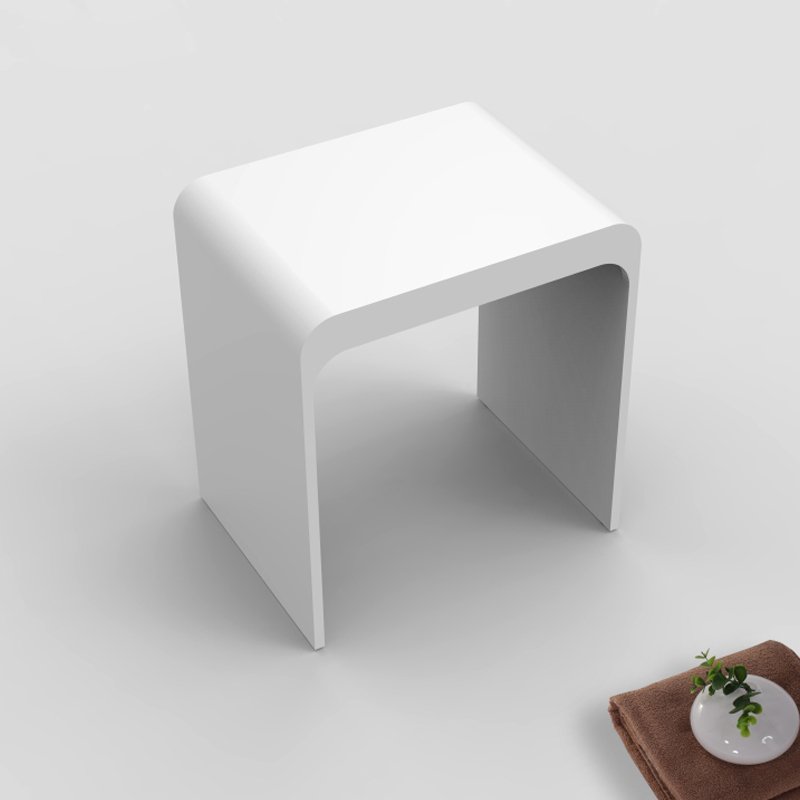

Shower Stools and Solid Surface Materials
Solid surface is increasingly used not only for basins, vanities, bathtubs, and shower walls, but also for custom shower stools. Its non-porous, seamless, and hygienic qualities make it ideal for humid environments. For hotels, this means less maintenance, longer product lifespan, and a modern, elegant look.
Conclusion
As universal design continues to shape modern bathrooms, shower stools are no longer optional—they are a must-have. They deliver safety, comfort, compliance, and style, making them essential for both commercial and residential spaces.
For project developers, choosing solid surface shower stools ensures durability and design flexibility, while reinforcing your commitment to inclusivity. Whether for luxury hotels, senior living facilities, or private homes, shower stools help transform accessible bathrooms into spaces that truly work for everyone.
FAQ
Q1: Are shower stools required in all ADA-compliant bathrooms?
Not always, but they are strongly recommended. Portable or fold-down seats can be included to meet accessibility standards.
Q2: What material is best for shower stools in hotels?
Solid surface and stainless steel are highly recommended for their durability, resistance to moisture, and ease of cleaning.
Q3: Can shower stools be customized?
Yes. Many manufacturers, including solid surface specialists, offer custom sizes, shapes, and finishes to match bathroom interiors.
Q4: Are shower stools only for people with disabilities?
No. While essential for accessibility, they are also widely used in luxury bathrooms for added comfort and convenience.
Q5: How do shower stools benefit hotel operators?
They enhance accessibility, improve guest satisfaction, reduce liability risks, and align with global hospitality standards.




